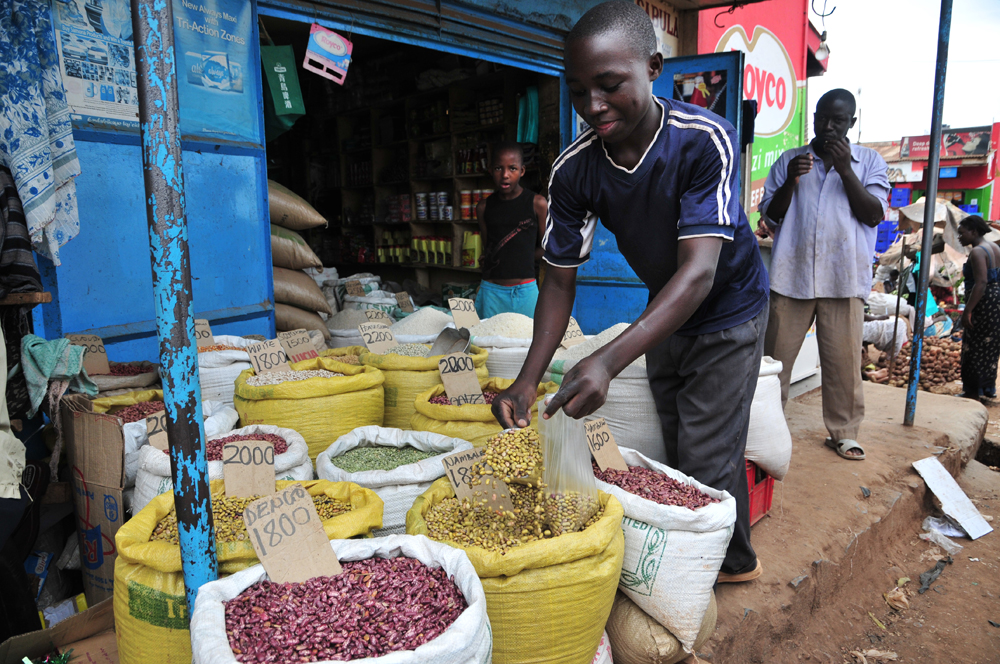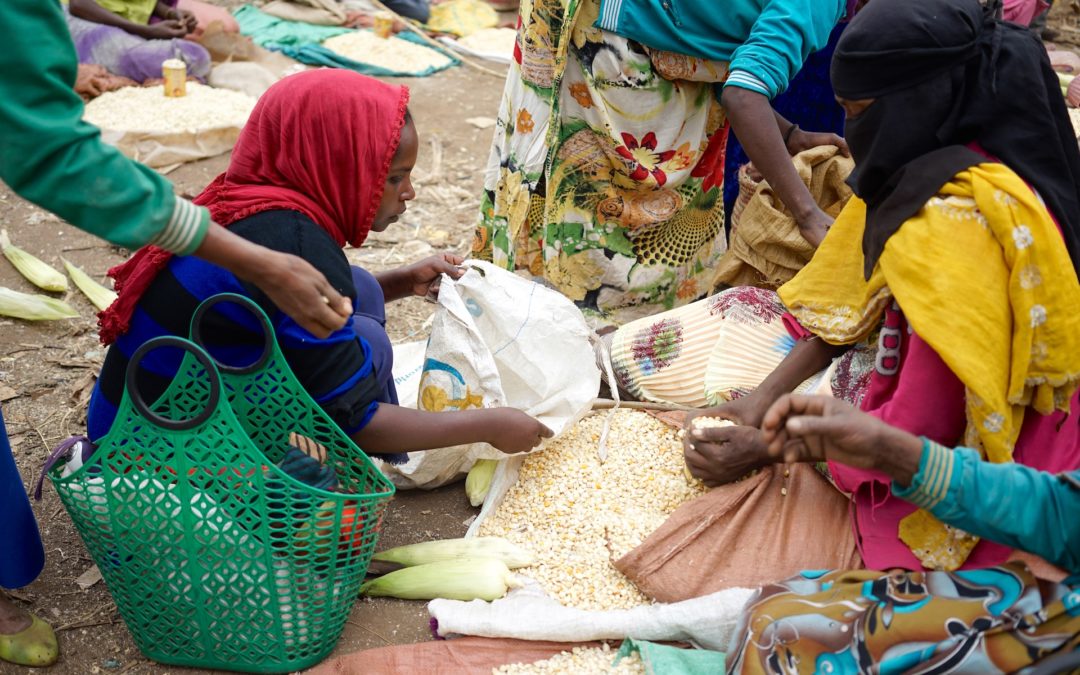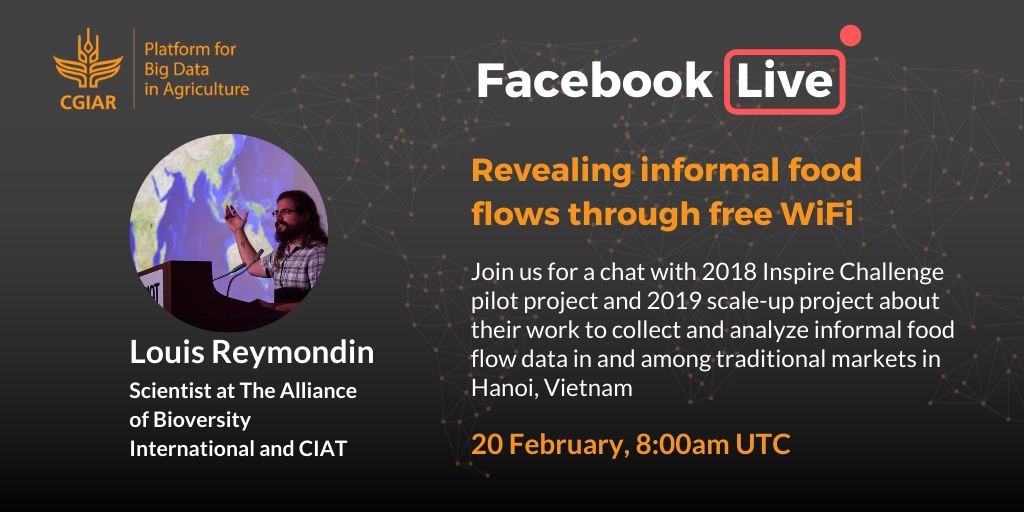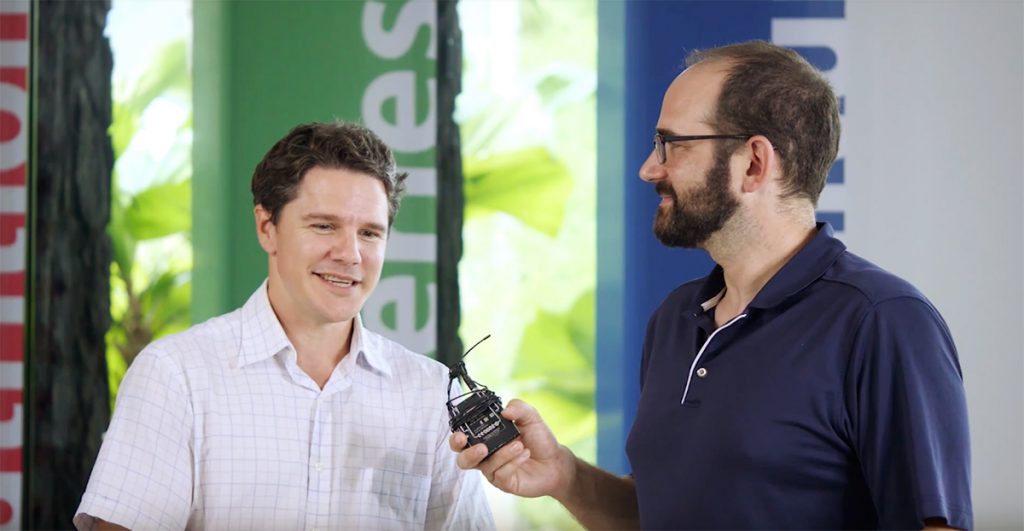
8 food security implications of the COVID-19 crisis
From disrupting agricultural input supply chains to carving out new crisis response roles for social media, the pandemic’s impacts on the state of global food security are vast and variable.

by Marianne McDade | Apr 23, 2020 | Covid-19, Featured, News
From disrupting agricultural input supply chains to carving out new crisis response roles for social media, the pandemic’s impacts on the state of global food security are vast and variable.

by Hannah Craig | Apr 14, 2020 | News
The Scaling Up community of practice discusses challenges and opportunities for an improved “new normal” for agriculture, research and development.

by Hannah Craig | Mar 30, 2020 | Inspire Challenge, Inspire news, News
A winning 2019 Inspire Challenge project led by WorldFish, the University of Queensland, and Wilderlab is revolutionizing aquaculture disease control using big data approaches and genomic sequencing technologies.

by Hannah Craig | Mar 25, 2020 | Inspire Challenge, Inspire news, Video
Live Q&A with Louis Reymondin, scientist at the Alliance of Bioversity International and CIAT and team leader of the 2019 Inspire Challenge project “Revealing informal food flows through free WiFi.”

by Hannah Craig | Mar 6, 2020 | Inspire news, News
The WorldFish communications team sat down with Alex Tilley, scientist at WorldFish, and Dave Solomon, CEO at Pelagic Data Systems, to discuss how their Inspire Challenge partnership is transforming data collection in small-scale fisheries.
CGIAR Platform for Big Data in Agriculture advocates open data for agricultural research for development. It considers that opening up research data for scrutiny and reuse confers significant benefits to society.
However, the Platform appreciates that not all research data can be open and that a broad range of legitimate circumstances may require data to be restricted.

As an integral component of its advocacy for open data, the Platform promotes responsible data management through the entire research data lifecycle from planning, collecting, storing, disclosing or publishing, transferring, discovery and archiving.
These guidelines were created from information collected from: review on best and emerging practices across various sectors in the fast changing landscape of privacy and ethics (130 external resources); privacy and ethic materials sourced from seven CGIAR centers; first draft was circulated for input and feedback across CGIAR and incorporated into this edition. It’s important to note that this is an evolving document, the next stage is to consult externally for further input.
These Guidelines are intended to assist agricultural researchers handle privacy and personally identifiable information (PII) in the research project data lifecycle.


Ensure compatibility with the DMP-PII (as above) and also the purpose for which prior informed consent has been obtained
Ensure PII is stored securely to protect privacy, through organizational or project specific safeguards to prevent unauthorized access, accidental disclosure or breach of data (physical & technical)
Don’t store data in unsecured locations or on unsecured devices or servers
Don’t store encrypted data and encryption keys in locations where they can be easily accessed simultaneously
Don’t underestimate the importance and value of administrative safeguards to standardize practices (i.e. organizational policies, procedures and maintenance of security measures that are designed to protect private information, data and access)